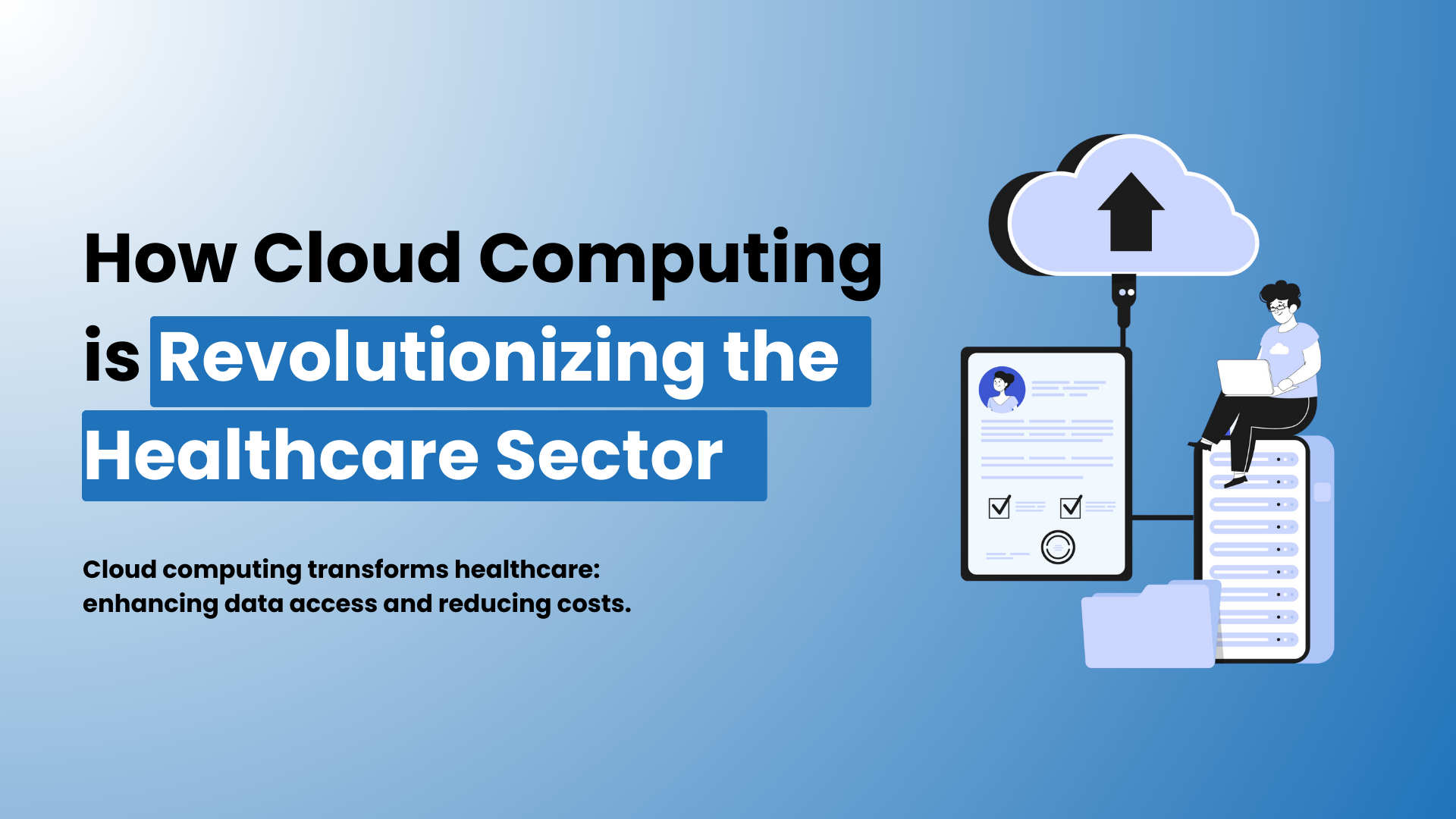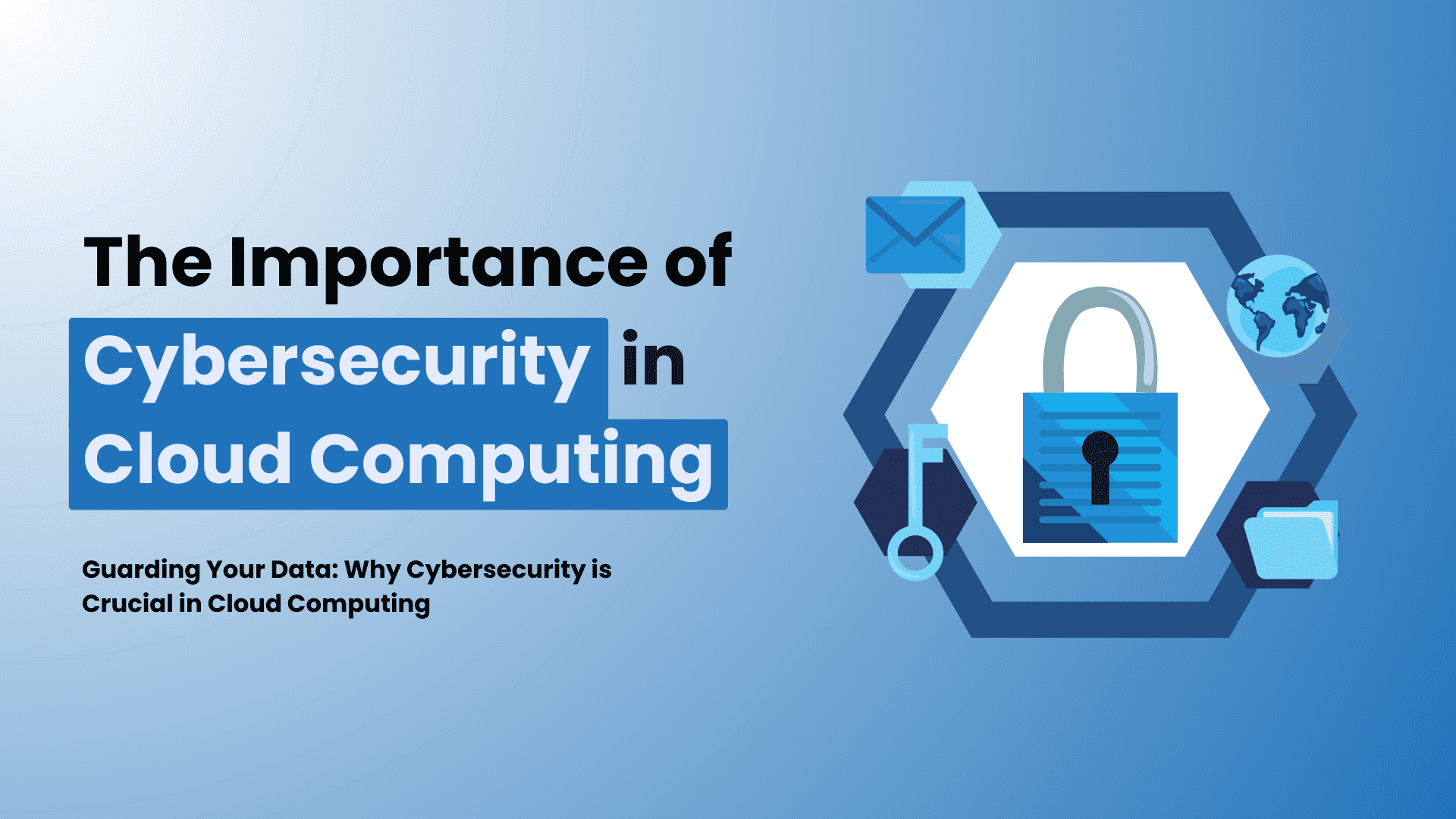Imagine a workplace where staff members have been valued, respected, and empowered to perform the best. This only happens where the organization takes the lead in creating a safe and inclusive workplace. In India, the big role is taken by the POSH Act, 2013, stating that every organization must have a POSH policy. It acts as a shield to sexual harassment at the workplace and protects the well-being of employees with equality.
The following blog explains the basic components of a POSH policy and why it’s important for organizations, besides contributing to the building of a harassment-free work environment.
What is a POSH Policy?

The POSH policy is a rule to stipulate that everyone at work ought to be treated fairly and not pestered or harassed sexually. This includes unwanted flirting, asking for sexual favors, or any kind of touching or comment that makes one uncomfortable. A policy is some sort of plan which allows discontinuation of this behavior, makes sure that if it happens, then it will be taken seriously, and also solves the problem. Showing a workplace is serious about keeping everybody safe and respected, it serves to set up a framework for the following:
- Sexual Harassment: There in is clearly defined to include unwelcome sexual advances, requests for favors, and any other conduct which has the purpose or effect of unreasonably interfering with an employee’s work performance or creating an intimidating, hostile, and offensive work environment.
- Prohibition: The policy expressly condemns all forms of sexual harassment, whether such harassment is directed at or received by a man or a woman, regardless of sexual orientation, and whether the harasser is in the direct line of supervision over the employee or not.
- Complaint Mechanism: It clearly outlines how the incidents of sexual harassment will be raised. This goes hand in hand with the setting up of an internal committee (IC) for inquiries into the complaints and, as well provides a safe space where the aggrieved person is provided an opportunity to air their views.
- Disciplinary Action: Consequences faced by people whose acts have been proven to constitute sexual harassment are stated in the policy.
Importance of POSH Policy for Organizations
A clearly laid down POSH policy goes much beyond compliance requirements. It showcases an organization’s unrelenting resolve towards ethical practices and social responsibility. Following are some reasons why a strong POSH policy is important:
Safeguarding Employees
Sexual harassment causes immense emotional and psychological distress. A POSH policy mirrors commitment to the well-being of employees on the part of the organization and provides a safe and encouraging environment for them to raise concerns without fear of retribution.
Promoting Gender Equality
A robust POSH policy enables an organization to build a stronger employer brand image. It conveys an inclination towards ethical practices and therefore attracts many talents who want to work in a safe and respectful environment.
Enhancing Employer Brand
A strong POSH policy strengthens an organization's employer brand image. It signifies a commitment to ethical practices, attracting and retaining top talent seeking a safe and respectful work environment.
Boosting Productivity
Sexual harassment is a major distraction and disruption of morale at the workplace, hampering smooth productivity. Adopting proactive steps against this issue creates an attentive and productive work environment where staff will flourish.
Key Components of a POSH Policy
A good POSH policy should contain the following aspects:
- Definition of Sexual Harassment: The policy should define sexual harassment in clear terms and include an explanation of the various types of verbal and non-verbal inappropriate conduct.
- Committee Formation: A complaints investigation process will revolve around the formation of an Internal Committee. ICC shall be composed of members with a wide diversity of backgrounds and ensure representation from both sexes.
- Complaint Procedures: These will spell out, explicitly, the process for reporting incidents of sexual harassment. It shall provide for anonymous reporting mechanisms and confidentiality in the process of investigation.
- Investigation and Enquiry: There shall be a clearly laid-down procedure for investigating the complaint. This would include recording the statements of the complainant and the accused, collecting evidence, and ensuring that the inquiry is fair and impartial. When a complaint is brought before the IC, resolution has to be done within a timeframe of 90 days.
- Disciplinary Action: State what sort of disciplinary action shall be imposed on the individual once he is found guilty of sexual harassment. This may include a warning, termination of work based on the severity.
While discussing Indovision ICT solutions which make reporting easier and creates awareness, the POSH compliance for a safe, supported workplace environment shall be at the top of the priority list of all employees.
Implementing an Effective POSH Policy
For a POSH policy to be more than just a piece of paper, actual steps should be taken in an organization toward its implementation, which includes:
- Definition of Sexual Harassment: The policy should define sexual harassment in clear terms and include an explanation of the various types of verbal and non-verbal inappropriate conduct.
- Committee Formation: A complaints investigation process will revolve around the formation of an Internal Committee. ICC shall be composed of members with a wide diversity of backgrounds and ensure representation from both sexes.
- Complaint Procedures: These will spell out, explicitly, the process for reporting incidents of sexual harassment. It shall provide for anonymous reporting mechanisms and confidentiality in the process of investigation.
Overcoming Implementation Challenges
Although instrumental in curbing this odious practice, there are a number of issues that make the actual implementation of POSH policies quite a challenge. These include underreporting due to stigma, ensuring that every employee is informed about the policy, and investigating it in an impartial manner. All these issues are addressed through continuous effort, top leadership commitment, and culture of openness and support.
POSH Policy: Different Perspectives

Employee Perspective: Empowerment and Challenges
Employees consider the POSH policies as a very imperative tool to empower them with a feel-good factor, safety, and respect for self at their workplace. These policies would send out a word to employees that their well-being is given importance in an organization and that they have a mechanism to fall back upon. However, it may also present certain dilemmas for the employee, including fear of retaliation, skepticism about the effectiveness of the policy, and concern about the confidentiality of the reporting process. To some extent, such concerns can be allayed if these policies are not only visible but also acted upon and communicated.
Management Perspective: Responsibility and Resource Allocation
For the management, implementing POSH policies is a big responsibility in itself. This includes a sea change at the workplace, infusion of resources for training and awareness programs, and handling incidents in a sensitive and effective manner. Managers have to balance the strict implementation of such policies with the need to maintain a warm and productive work environment. This requires a sensitive understanding of the nuances of sexual harassment and a commitment to building an inclusive culture.
Legal and HR Perspective: Compliance and Best Practices
Legal and HR professionals therefore focus on POSH policies mainly from the point of view of compliance—to ensure that the organization does not breach national and international laws in relation to workplace harassment. It is their mandate to develop policies that are very clear and comprehensive in covering many behaviors and scenarios. In addition, they should keep current with legal changes and practices in the field; they should counsel management accordingly in the most conducive implementation of policies; and they have to update them as appropriate.
Social Perspective: Impact on Workplace Culture and Society
From the broader social viewpoint, POSH policies are creating more inclusive and equated work cultures. They represent a social advance by which sexual harassment is recognized as a serious problem. The effectively implemented policies can serve as role models for behavior and respect and carry over into society from the workplace. They can help drive a larger cultural shift towards greater awareness and intolerance of sexual harassment in all its forms.
Economic Perspective: Cost-Benefit Analysis
Economically, POSH policies adhere to a cost-benefit framework; costs may be incurred in the training and policy formulation processes, and the setting up of reporting and resolution mechanisms, among others. At the same time, the benefits to be accrued from a safer, more respectful workplace can turn out to be considerable: enhanced morale and worker productivity, low turnover rates, and reduction of prolonged and financially draining lawsuits. Organizations that respect POSH policies as investments rather than entities incurring costs are the ones that are likely to reap benefits from their efforts in the long term.
Global Perspective: Cultural Sensitivity and Universality
At the global level, POSH policies need to be sensitive to culture and workplace norms. Multinationals have to cross legal requirements and cultural attitudes toward sexual harassment to adjust their policies in a way that makes them functional in different contexts. Such a view underlines the challenges of developing universal policies that tread with respect toward cultural diversity while remaining committed to one core principle: ending and dealing with sexual harassment.
These many dimensions bring nuanced understanding to the policies on POSH and their place in organizations. The ability to balance these viewpoints is central to developing and implementing effective, respectful, and inclusive policies.
POSH policy signifies much more than compliance; it reflects commitment to creating a culture of respect and ensuring the safety of each professional at work. An organization successfully avoids traumas and thus sustains productivity and credibility not only through the effective design but also through the successful enforcement of such policies. As society becomes increasingly aware, so does the potential role of POSH policies in fomenting positive and inclusive organizational cultures.
FAQs
What is a POSH policy?
A POSH policy, or Prevention of Sexual Harassment policy, is a set of guidelines and procedures designed to prevent sexual harassment in the workplace. It defines what constitutes harassment, establishes a complaint and investigation process, and outlines disciplinary actions for those found guilty of harassment.
What is the POSH Act, 2013?
The Sexual Harassment of Women at Workplace (Prevention, Prohibition and Redressal) Act, 2013, commonly referred to as the POSH Act, is a comprehensive legislation enacted by the Indian government to protect women against sexual harassment at their place of work. It mandates POSH Act applies to workplaces with 10 or more employees in India.
Who does the POSH Act apply to in India?
The POSH Act applies to all workplaces in India, including the organized and unorganized sectors. It covers all women, regardless of their age or employment status, and applies to government bodies, private and public sector organizations, non-governmental organizations, and any place visited by the employee during employment.
How is sexual harassment defined under the POSH Act, 2013?
Under the POSH Act, 2013, sexual harassment includes any unwelcome act or behavior (whether directly or by implication) such as physical contact and advances, a demand or request for sexual favors, making sexually colored remarks, showing pornography, or any other unwelcome physical, verbal, or non-verbal conduct of a sexual nature.
What is the role of the Internal Committee (IC) under the POSH Act?
The Internal Committee (IC) is a mandatory body that every workplace with 10 or more employees must establish under the POSH Act. The IC is responsible for receiving and investigating complaints of sexual harassment, making inquiries with due confidentiality, and recommending actions based on their findings. It must include a senior woman employee, two or more members from among employees preferably committed to the cause of women or who have experience in social work or legal knowledge, and one external member from NGOs or associations committed to the cause of women.
Can a complaint under the POSH Act be filed after leaving the job?
Yes, a complaint under the POSH Act can be filed even after the complainant has left the job, provided the incident of sexual harassment occurred during her employment. The Act allows for complaints to be filed within a reasonable timeframe, typically up to 3 months from the date of the last incident.
Are men covered under the POSH Act, 2013?
The POSH Act, 2013, specifically focuses on the protection of women in the workplace. However, many organizations extend their internal policies based on the principles of the POSH Act to include complaints from men as well, promoting a zero-tolerance policy towards sexual harassment for all employees.
What actions can be taken against someone found guilty of sexual harassment under the POSH Act?
Depending on the severity of the case, actions against someone found guilty of sexual harassment can range from written apologies, warnings, reprimands, counseling, withholding of promotions or pay rise, termination of employment, and in severe cases, legal action under the Indian Penal Code.















